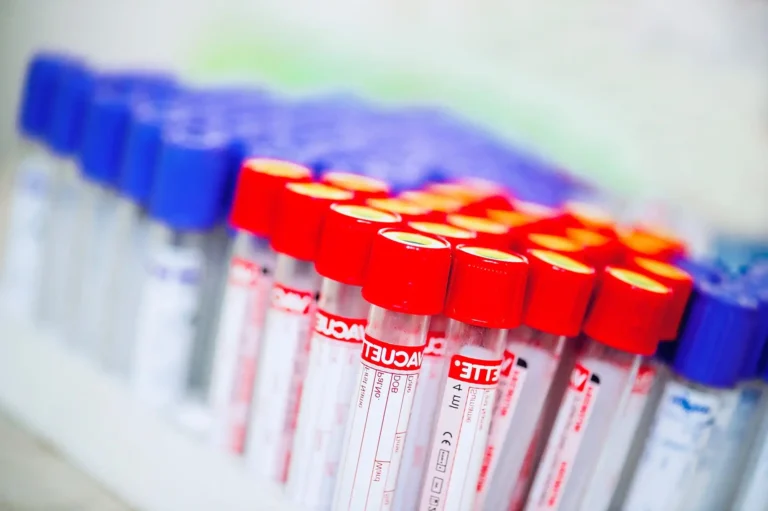What is polycystic ovary syndrome?
Polycystic ovary syndrome (“PCOS”) is a condition that can cause irregular periods, acne, extra facial hair, or hair loss from the head. It is very common. About 10 percent of females have PCOS. Most, but not all, people with PCOS have excess weight or obesity.
What causes PCOS?
About once a month, the ovaries are supposed to make a structure called a “follicle” (figure 1). As the follicle grows, it makes hormones. Then, it releases an egg. This is called “ovulation.” But in people with PCOS, the ovary makes many small follicles instead of 1 big one. Hormone levels can get out of balance. Then, ovulation doesn’t happen every month like it should.
With PCOS, the ovaries usually make more testosterone than usual. Testosterone is called a “male hormone,” but all people have some.
What are the symptoms of PCOS?
Symptoms can include:
- Having fewer than 8 periods a year
- Growing thick, dark hair on the upper lip, chin, sideburn area, chest, or belly
- Acne (oily skin and pimples on the face)
- Hair loss from the head
- Trouble getting pregnant without medical help
- Weight gain and obesity
Should I see a doctor or nurse, even if my symptoms are mild?
Yes. PCOS increases your risk of other health problems, including:
- Diabetes (high blood sugar)
- High cholesterol levels
- Sleep apnea, which is a sleep disorder that causes people to briefly stop breathing during sleep
- Depression or anxiety
- Eating disorders, such as binge eating or bulimia
Should I have tests?
Your doctor or nurse will decide which tests you should have based on your age, symptoms, and individual situation. Possible tests include:
- Blood tests to measure levels of hormones, blood sugar, and cholesterol
- A pregnancy test if you missed any periods
- Pelvic ultrasound – This uses sound waves to make pictures of your uterus and ovaries. Doctors sometimes use this test to help figure out if you have polycystic ovaries.
How is PCOS treated?
The most common treatment is to take birth control pills. But there are other treatments than can help with symptoms, too:
- Birth control pills – The pills don’t cure PCOS. But they can improve many of its symptoms, like irregular periods, acne, and facial hair. The pills also lower your risk of uterine cancer.
- Anti-androgens – These medicines block hormones that cause some PCOS symptoms like acne and facial hair growth. The most commonly used one is spironolactone (brand name: Aldactone). You have to be taking birth control pills to take this medicine.
- Progestogen – This hormone can make your periods regular, but only if you take it regularly. It also lowers the risk of uterine cancer. Most doctors use medroxyprogesterone (brand name: Provera) or natural progesterone (brand name: Prometrium).
- Metformin (brand name: Glucophage) – This medicine can sometimes help make your periods more regular. But it works only in about half of those who try it. In people with diabetes, it helps lower blood sugar levels. In people with prediabetes, it can help prevent diabetes.
- Medicated skin lotion or antibiotics to treat acne
- Laser therapy or electrolysis to remove extra hair
What can I do on my own to manage PCOS?
If you have excess weight or obesity, losing weight can improve many of your symptoms. Losing just 5 percent of your body weight can help a lot. For example, for a person who weighs 200 pounds, this means losing 10 pounds.
What if I want to get pregnant?
Most people with PCOS can get pregnant, but it is usually easier for those who do not have excess body weight. If you have excess body weight, losing weight can help make your periods more regular and improve your chances of getting pregnant. If you lose weight but your periods are still irregular, your doctor can give you medicines to help you ovulate and improve your chances of getting pregnant.
What will my life be like with PCOS?
It is possible to live a full and normal life with PCOS. But it is important to see a doctor. Treatments will help your symptoms and protect you from other diseases.
Talk to your doctor or nurse if you feel depressed or anxious, think you might have an eating disorder, or have problems with sex. There are treatments that can help with these problems, too.
For more information or to book a consultation, visit Florence Street Family Practice Women’s Health.





